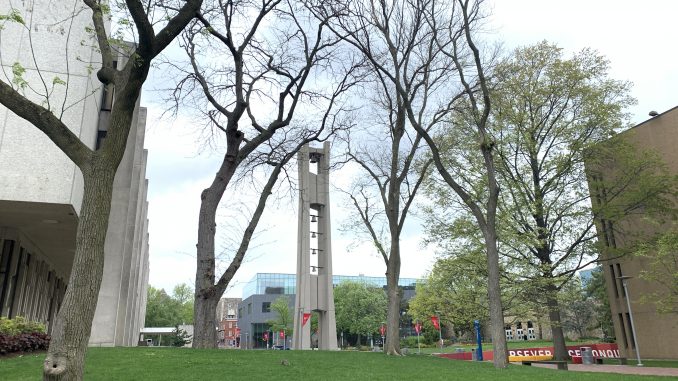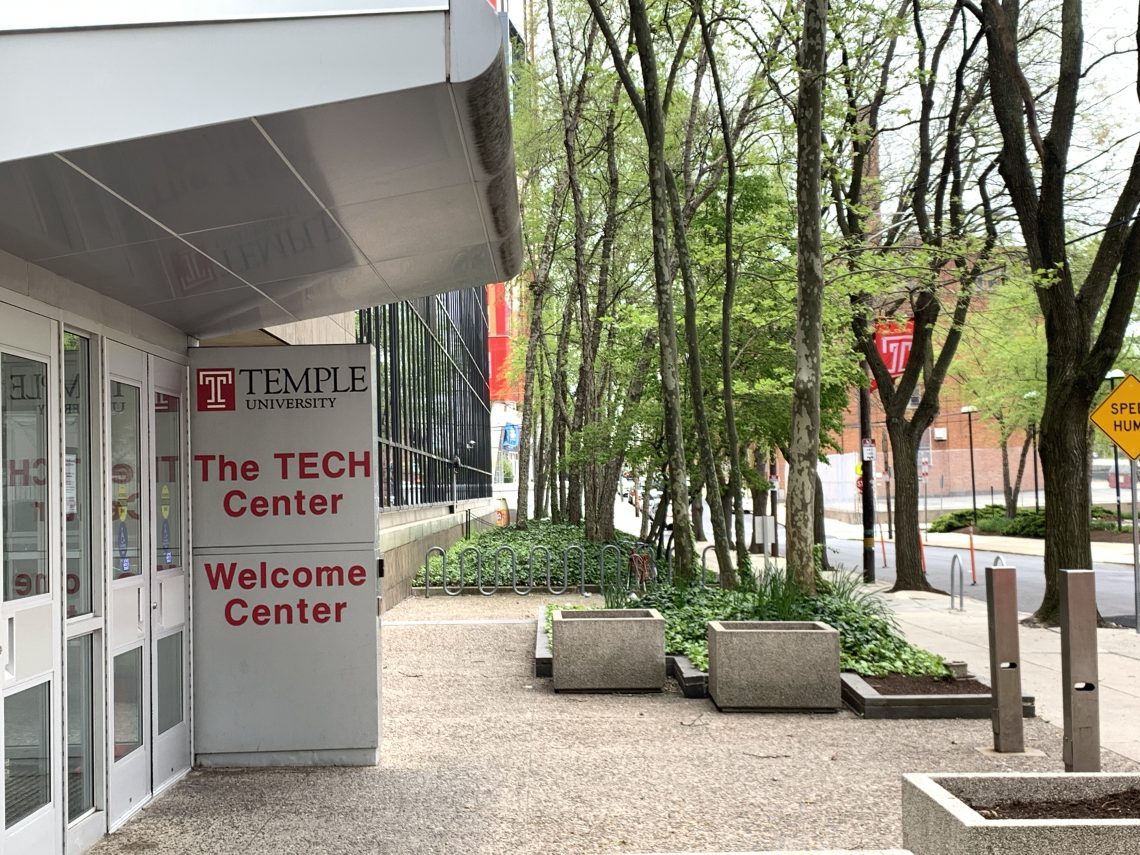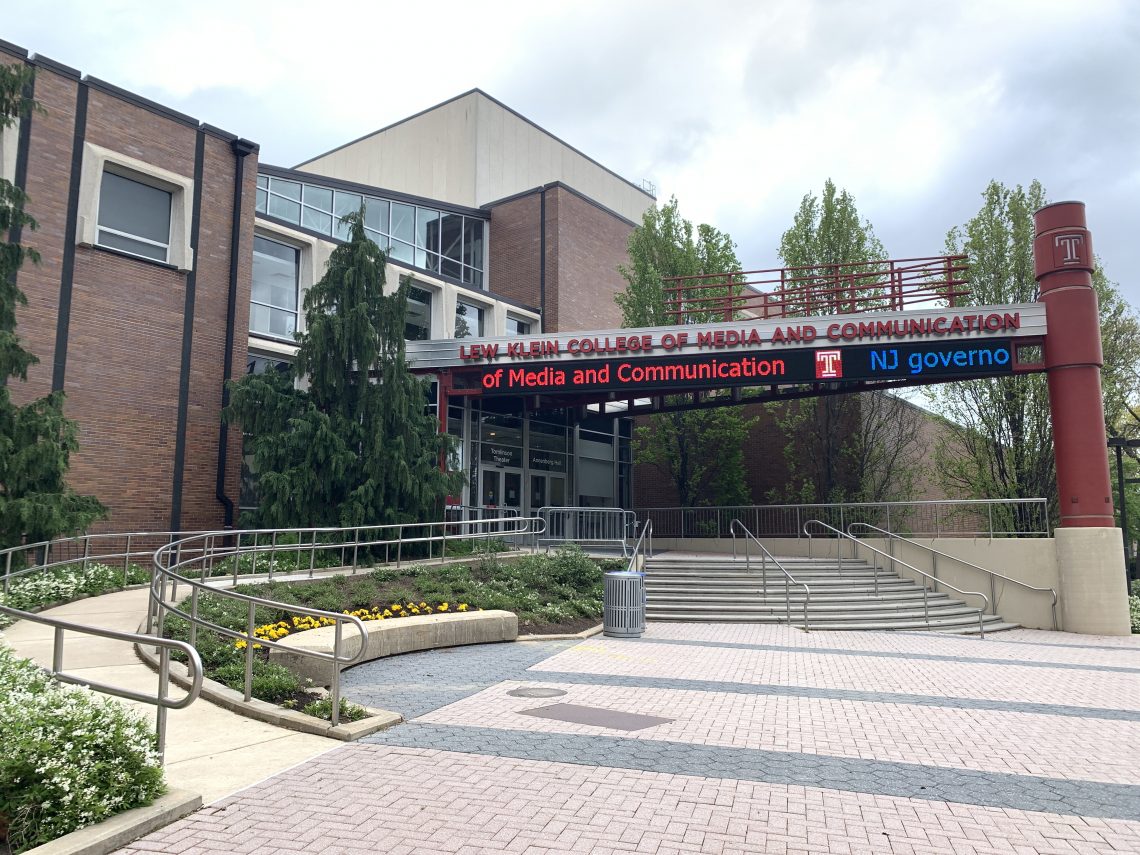
Usually, prospective Temple University students can set foot on Main Campus to picture themselves learning and living in the city.
This year, interested students and their families will experience Temple virtually from their homes after the university transitioned to online classes due to the COVID-19 outbreak on March 16, said Deanne DeCrescenzo, the director of New Student and Family Programs.
Like many colleges and universities around the United States, Temple is now facing the challenge of engaging with prospective students remotely via Zoom meetings, email exchanges, virtual tours and informational videos.
While some university offices took immediate action in transitioning services online, the admissions and recruitment departments were not pressed for time because their programs don’t start until the late spring and summer, DeCrescenzo said.
“We have been hard at work trying to reorganize ourselves and be creative and innovative,” DeCrescenzo said. “I still think we can provide a positive experience and help support the transition for these students.”
Typically, the university hosts on campus tours, open houses and information sessions for prospective students and their families. Through the summer, they host two-day orientation sessions for freshmen students before the fall semester.

The current 2019-20 academic year saw 4,967 first-year students enroll at Temple and 2,210 transfer students, according to the Temple University 2019-20 Factbook.
It is unclear how the COVID-19 crisis will affect enrollment for the 2020-21 academic year, said Karin Mormando, the director of undergraduate admissions.
“It’s just too soon to tell,” Mormando said. “I’ve been in admissions for 20 years, I was on staff for 9/11 and was the director of admissions in the last recession, I’m prepared to think and model in certain ways but this is really quite different.”
Students and families will be making decisions based on their current financial situations and considering the scope and impact of the pandemic, students may have to look at opportunities that better suit their circumstances in order to cope with tuition cost and travel restrictions, she said.
“We have put together a delayed arrival plan for our students who are further away from campus just to give them options,” Mormando said.
This would help students abroad who are affected by travel restrictions and flight cancelations to work remotely, Mormando said. The plan could also allow international students and U.S. citizens who live outside the country to use facilities at Temple’s international campuses if those campuses are cleared to open.
Individual schools and colleges at Temple also moved their prospective student programs online.

“Since we are not physically on campus, we can’t walk them around Annenberg [Hall] and show them the studios and those spaces so we actually created a virtual tour,” said Frank Bowman, director for enrollment management for Klein College of Media and Communication.
Klein hosts daily Zoom conference call sessions for students to meet with Klein student ambassadors and faculty and ask questions about different majors and student opportunities.
“What’s nice is that we can tailor that presentation toward if they have a journalism interest we can focus more on journalism and what our journalism students do,” Bowman said.
Owl Team Leaders, a group of 36 designated student orientation leaders, along with specific school and college ambassadors, usually support incoming students in their transition to Temple.
Jackie Golden, a junior political science major, is a College of Liberal Arts student ambassador and meets with prospective liberal arts students about the college and her time at Temple.
She doesn’t mind that her responsibilities have been moved online because the duties stay the same, she said.
“When talking to prospective students in general, parents are the people who guide the conversation, but students want to hear those answers too,” Golden said.
While it’s hard to replicate the conversational nature of recruitment programs like Experience Temple Day, where students and families physically visit their prospective colleges, Golden has been able to have important and substantive interactions with students virtually.
“It would obviously be easier in person, but it’s still meaningful that we are doing it online,” Golden said.


Be the first to comment